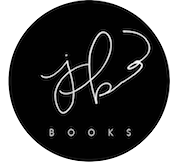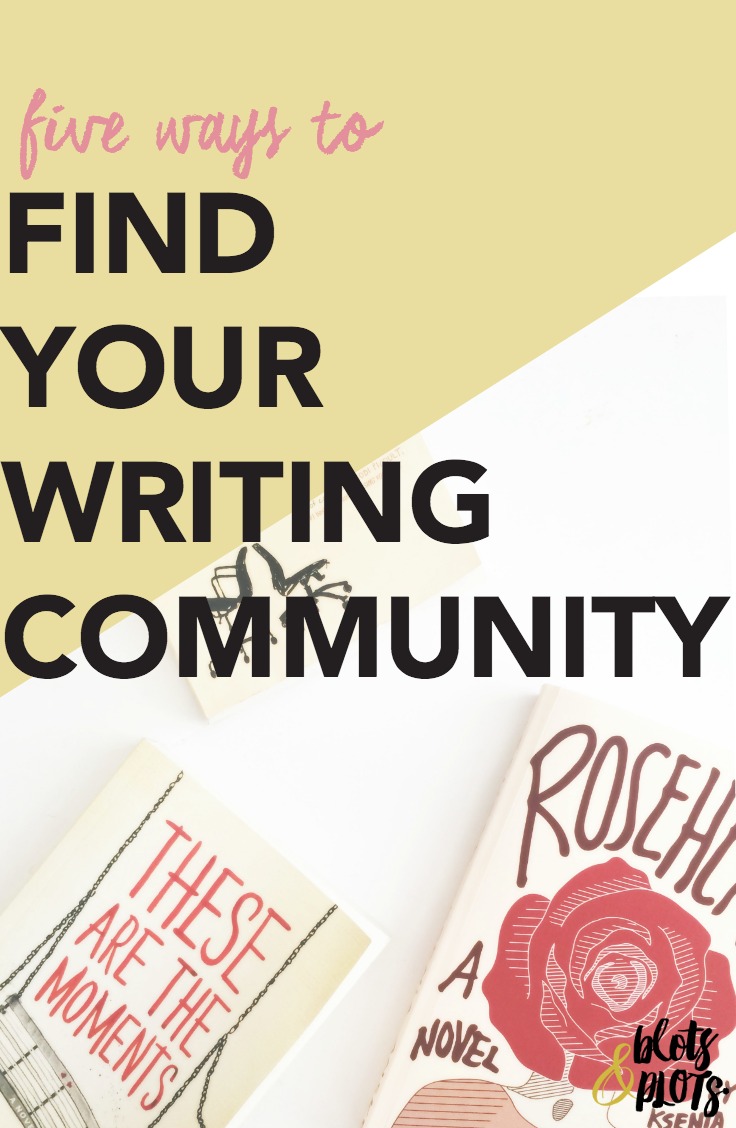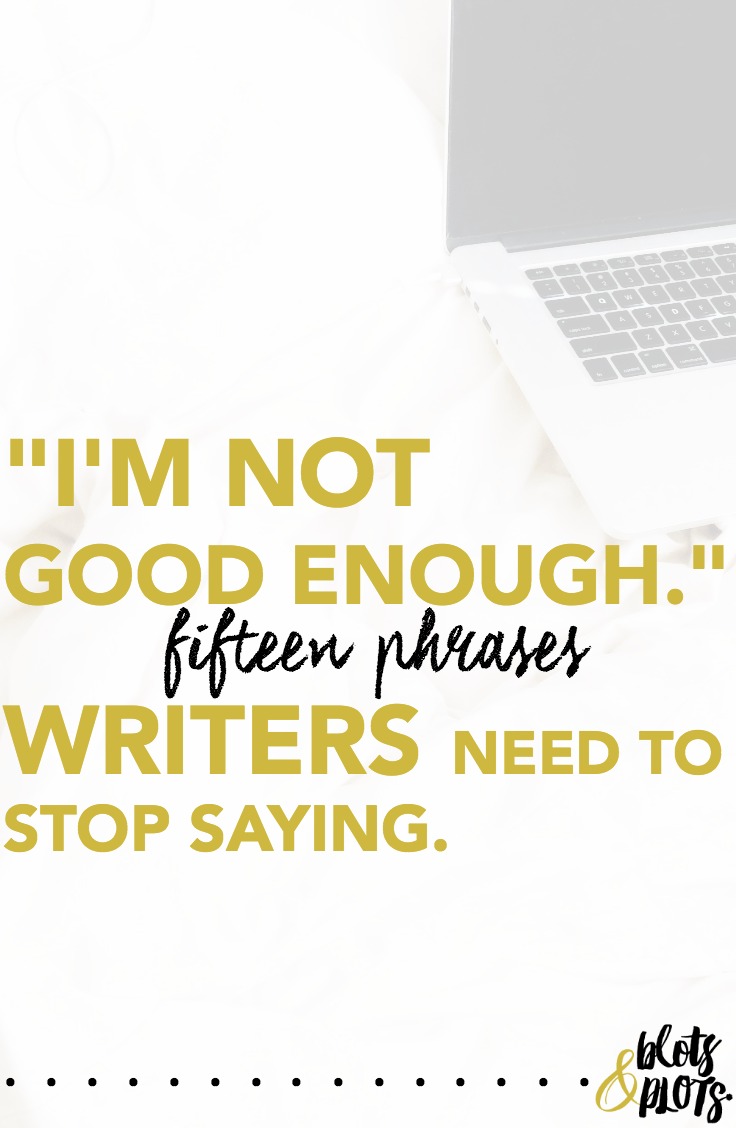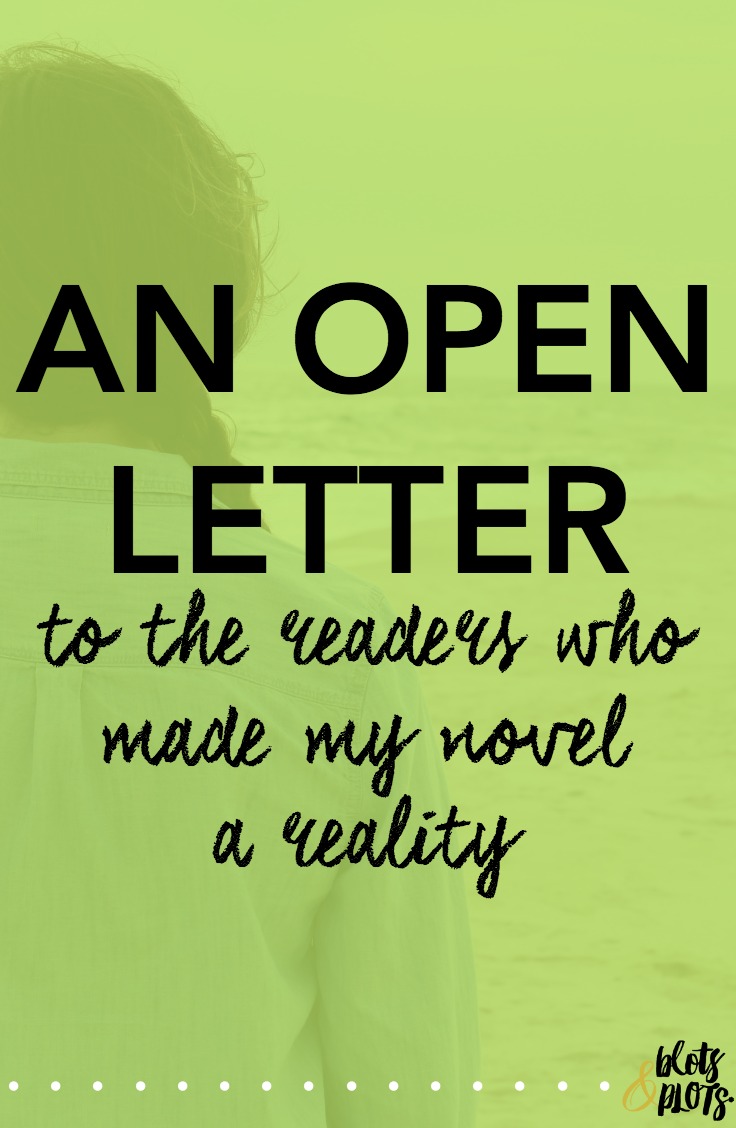Let's be honest. As glamorous as writing sounds, it all comes down to you, at your desk, writing alone. Pretty depressing, huh? But what if you could socialize your writing experience, and still stay productive? I'd say, sign me up!
When I was writing my first novel, These Are the Moments, I decided that I needed to find a writing community. It was important for me to make friends that understood the ups and downs of the writing process, and to meet people in all stages of this adventure. No matter where you are in your journey, it's time to socialize your writing experience.
Below I've broken down the five, most effective ways to find a writing community:
Find a Twitter Chat
Twitter is my favorite social media platform, by far. It's a quick, creative way to connect with people that allows you to ask questions, tweet at writers you admire and of course, participate in Twitter chats. A Twitter chat is an event hosted by one or multiples users, tracked with a hashtag in a set time frame.
For instance, Kristen of She's Novel and I started a Twitter chat called Story Social. Every Wednesday at 9 PM EST, we tackle different topics about social media for writers, using #StorySocial.
The secret? Getting to know the regulars. After several months of hosting our chat, Kristen and I have gotten to know our chat-frequenters. It truly has become its own community, and I look forward to chatting with our friends every week.
To join in on the fun, follow the Story Social Chat host account.
Reach Out to Authors You Admire
When I first explored the idea of self-publishing, I found Ksenia Anske (her book is pictured above.) After binge-reading her posts and vowing to self-publish my own novel, I finally worked up the courage to send her an email. It went something like this:
Dear Ksenia,
Hi, I'm Jenny Bravo and I'm kind of obsessed with you. Not in the stalker way. In the totally normal, fangirl way. I'm going to self-publish my book because of you. So, will you be my best friend?
XOXO, Jenny
I sent the same kind of email when I first met Kristen (She's Novel). When you find a writer that makes you fangirl, send them a personal email. Although, word of advice, you should try to be a bit more eloquent than I was.
A few things to keep in mind:
Be authentic. Don't be a suck-up.
Be complimentary. Again, don't be a suck-up.
Be purposeful. Don't waste this person's time. Have a point to your message, without being demanding.
Participate in NaNoWriMo
Let's write a novel! If you decide to participate in National Novel Writing Month, you're definitely going to find a writing community as you try to reach 50,000 words.
There are online forums as well as in-person meet-ups by city for writers of all stages. Because it's basically the Ironman for Writers, I've decided to form my own online writing community.
Click for more tips on how to win at NaNoWriMo + sign up for the community.
Join an In-Person Writing Group
Sometimes, you need that one-on-one personal touch. One of my favorite things about majoring in English was that I could workshop my writing every week in class.
But what if you don't have the luxury of in-person writer friends? Here are some alternate options:
Skype. Once you've found your online writing group, if you feel comfortable enough, you can "meet" on Skype.
Google Hangouts. Want to host a meet-up for several writers? Google Hangouts is your best bet! You can even record your session to reference later.
Facebook Groups. Spend your daily Facebook check-ins with your writing group.
Build Your Own Community
Want to find a writing community? Why not build your own? When I first got serious about writing my novel, I started writing my blog as well. With the help of Pinterest and Twitter, I was able to draw an awesome group of people to the blog, and create my community from there.
If you're not interested in blogging, here are a few other options:
YouTube. Comfortable in front of the camera? YouTube may be your place.
Podcasting. Let your voice be heard! Hop on the podcast game.
Instagram. If you like taking pictures, build up your Instagram game. Host challenges and interact with your audience.
Discussion Time: Do you have a writing community? What's your favorite place to interact with other writers?

















